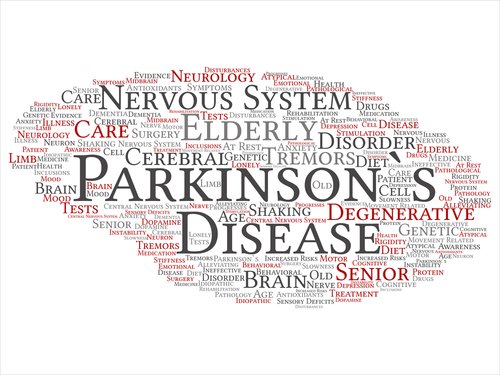International Stem Cell’s Trial in Parkinson’s Can Continue, Board Says
Written by |

International Stem Cell’s clinical trial testing its ISC-hpNSC neural cells for the treatment of Parkinson’s disease (PD) can move forward, the company said.
The announcement comes after an evaluation from experts from a Data Safety Monitoring Board (DSMB), who looked at the safety data from the first group of patients enrolled in the trial.
The DSMB said the study can continue with accelerated enrollment and a dose escalation in a second group of patients. The company is now recruiting the second cohort of Parkinson’s patients, who will be receiving a higher dose of 50,000,000 of ISC-hpNSC neural cells.
The open-label, single center, uncontrolled Phase 1 trial (NCT02452723) expects to recruit 12 patients with moderate Parkinson’s. Patients are divided into three groups of four patients each. The groups are receiving increasing doses ranging from 30,000,000 to 70,000,000 neural stem cells transplanted intracranially. The main goal of the trial is to assess the safety of the treatment, with patients followed for 12 months after the transplants.
All patients undergo a positron emission tomography (PET) scan when they enter the study, and then at six and 12 months after surgical intervention. The clinical responses of participants compared to baseline after the administration of ISC-hpNSC are evaluated using the Unified Parkinson Disease Rating Scale (UPDRS) and other tools.
Last month, the company said that the fourth and last patient with Parkinson’s of the first group had successfully received the neural stem cell transplant. To date, trial investigators have not recorded any adverse events among the four patients who had the stem cells inserted into their brains.
“The DSMB approval represents an important step in the clinical development of ISC-hpNSC,” Andrey Semechkin, co-chairman and CEO of the company, said in a recent press release. “In the second cohort we will begin to evaluate the higher cell dose that we believe will have the most likely favorable outcomes and potential to benefit patients.”
ISC-hpNSC cells are derived from unfertilized human eggs, so while they retain all the advantages of embryonic cells, they cannot generate a human being. In this manner, these cells are safe from any ethical issues associated with the use or destruction of viable human embryos.





